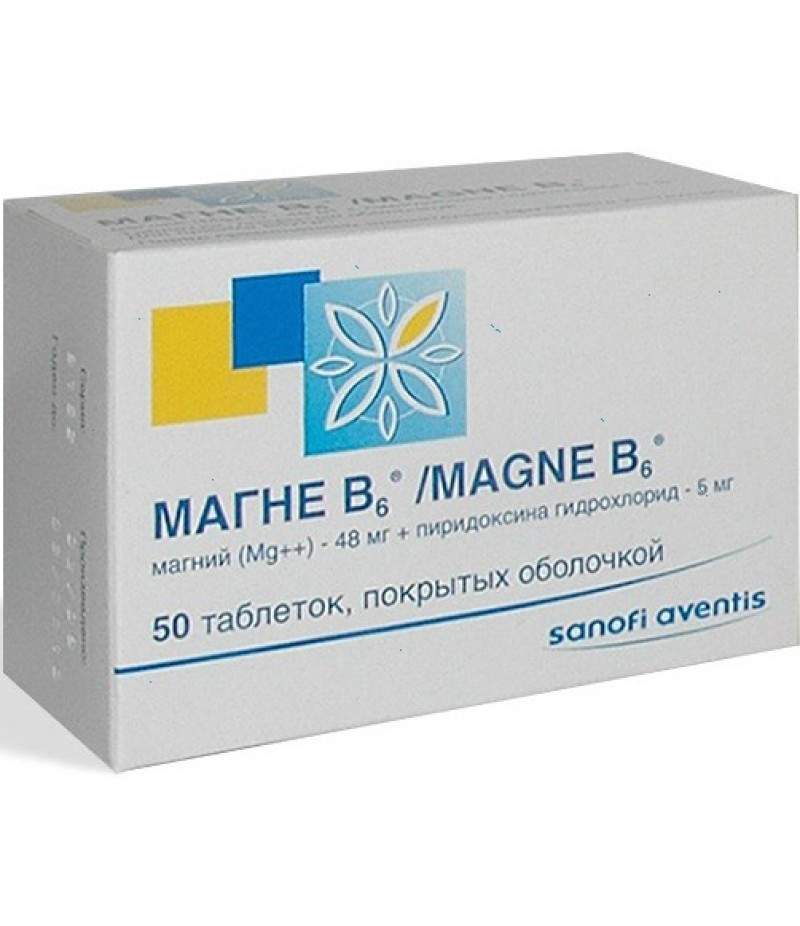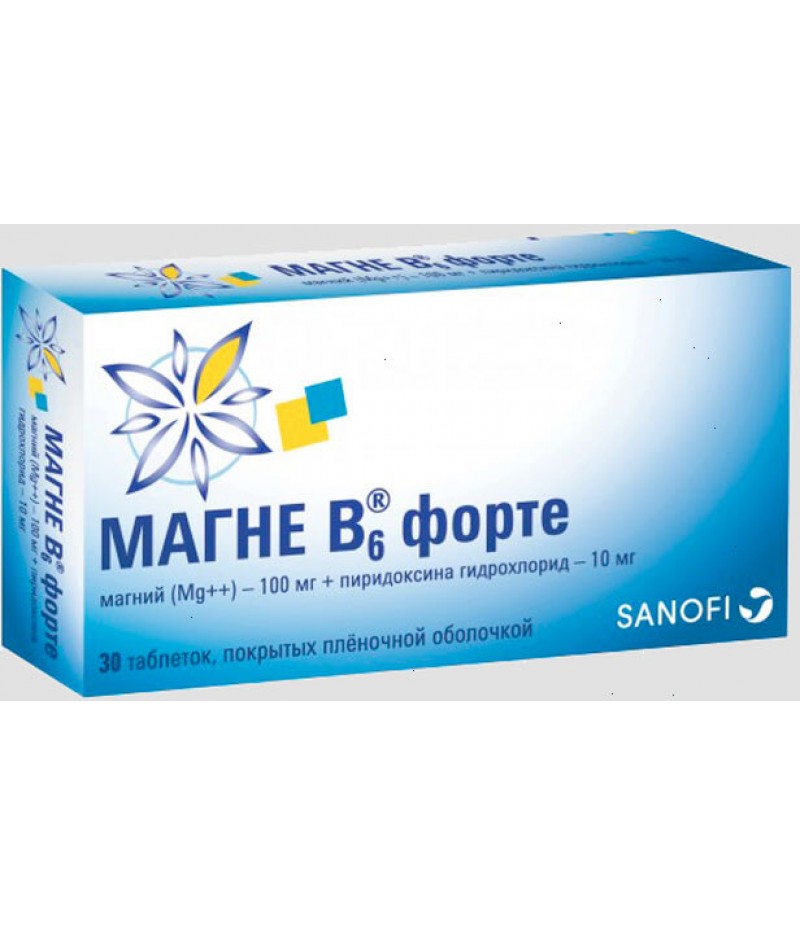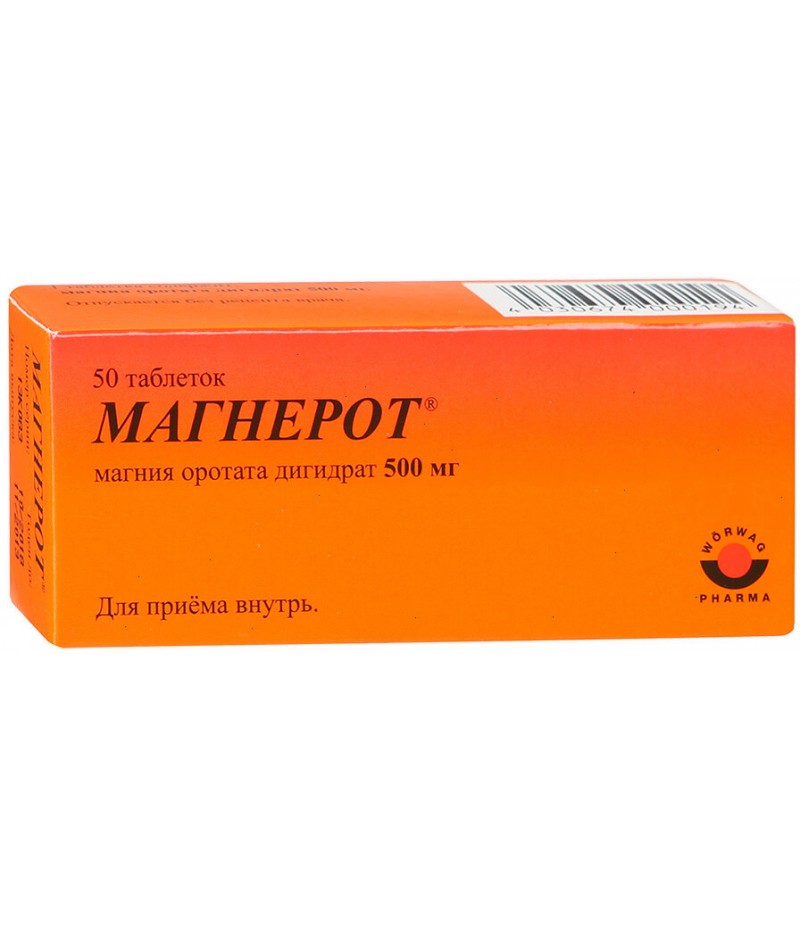Magnemax tabs 500mg #50
- $23.16
- 3 or more $22.90
- Availability:In Stock
Magnemax instruction for useReed more and buy Magnemax on this pagepharmachologic effectMagnemax - an additional source of magnesium. Magnesium is a macronutrient, essential for many energy processes,
Tags: tabs
Magnemax instruction for use
Reed more and buy Magnemax on this page
pharmachologic effect
Magnemax - an additional source of magnesium. Magnesium is a macronutrient, essential for many energy processes, and is involved in the metabolism of proteins, fats, carbohydrates and nucleic acids. It is an essential trace element, is involved in the implementation of more than 300 enzymatic reactions, regulation of cell permeability and neuromuscular excitability. Magnesium has a curare-like effect on the terminations of cholinergic neurons, with a decrease in acetylcholine release. Magnesium and calcium interact in the body partly synergistically: however, with competitive inhibition of calcium, magnesium can also affect binding sites as a physiological calcium antagonist.
Indications for use
Established magnesium deficiency, isolated or associated with other deficient conditions, accompanied by symptoms such as:
increased fatigue;
irritability;
tingling sensation in the muscles;
minor sleep disorders;
gastrointestinal cramps;
muscle aches and cramps.
If after a month of treatment there is no reduction of these symptoms, the continuation of treatment is inappropriate.
Mode of application
Inside, before meals, with a small amount of liquid. Assign 2 tablets 3 times / day for 7 days, then 1 tablet 2-3 times daily.
Duration of treatment is 4 weeks.
Contraindications
hypersensitivity to Magnemax;
urolithiasis disease;
renal dysfunction;
predisposition to the formation of calcium-magnesium-ammonium phosphate stones;
cirrhosis with ascites;
children's age up to 18 years.
Magnemax contains lactose, therefore it should not be used in patients with lactose intolerance, lactase deficiency or glucose-galactose malabsorption.
The drug contains lactose monohydrate, so its use is not recommended for patients with hereditary galactosemia, malabsorption syndrome of glucose and galactose and lactase deficiency.
Magnemax does not affect the ability to drive vehicles, mechanisms and engage in other activities that require high concentration of attention and speed of psychomotor reactions.
Side effects of Magnemax
On the part of the gastrointestinal tract: unstable stools and diarrhea, which usually pass on their own at lower doses of the drug.
On the part of the immune system: allergic reactions.
Interaction with other drugs
At the same time taking magnesium containing preparations with preparations of iron, sodium fluoride and tetracyclines may decrease the absorption of the latter. In addition, aminoquinolines, quinidine, penicillamine should not be administered simultaneously with magnesium preparations. Therefore, you should take these drugs with an interval of 2-3 hours. Oral contraceptives, diuretics, muscle relaxants, GCS, insulin, reduce the effect of Magnemax. Magnesium should be used with caution when using magnesium-containing drugs such as antacids or laxatives, or potassium-saving diuretics or drugs containing calcium. With simultaneous use with preparations containing aluminum, the absorption of aluminum in the body can be increased. Magnesium should be used with caution when used with digitalis preparations, since simultaneous use may interfere with the absorption of digitalis preparations. Some antibiotics (aminoglycosides), cisplatin and cyclosporin A can lead to increased excretion of magnesium. Some diuretics (thiazides and furosemide), cetuximab and erlotinib, proton pump inhibitors (omeprazole and pantoprazole), foscarnet, pentamidine, rapamycin and amphotericin B can cause magnesium deficiency, and thus reduce the effect of the drug.
Overdose
With normal kidney function, ingestion of magnesium does not cause toxic reactions. Magnesium poisoning can develop in renal failure. Toxic effects mainly depend on serum magnesium concentration. Symptoms: decrease in blood pressure, nausea, vomiting, depression, slow reflexes, respiratory depression, coma, cardiac arrest, anuric syndrome. Treatment: rehydration, forced diuresis. In renal insufficiency, hemodialysis or peritoneal dialysis is necessary.
Storage conditions
Magnemax should be stored out of reach of children at a temperature not higher than 25 ° C.
Shelf life 3 years.
Composition
1 tab. contains magnesium orotate dihydrate 250mg
Excipients: lactose monohydrate, corn starch, microcrystalline cellulose, povidone K30, croscarmellose sodium, colloidal silicon dioxide (aerosil), sodium cyclamate, talc, magnesium stearate.
Terms of sell
You don't need a prescription to buy Magnemax.






